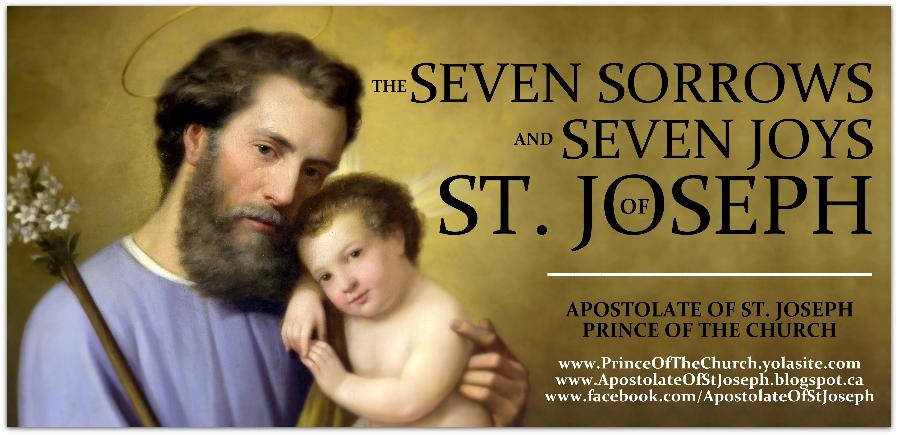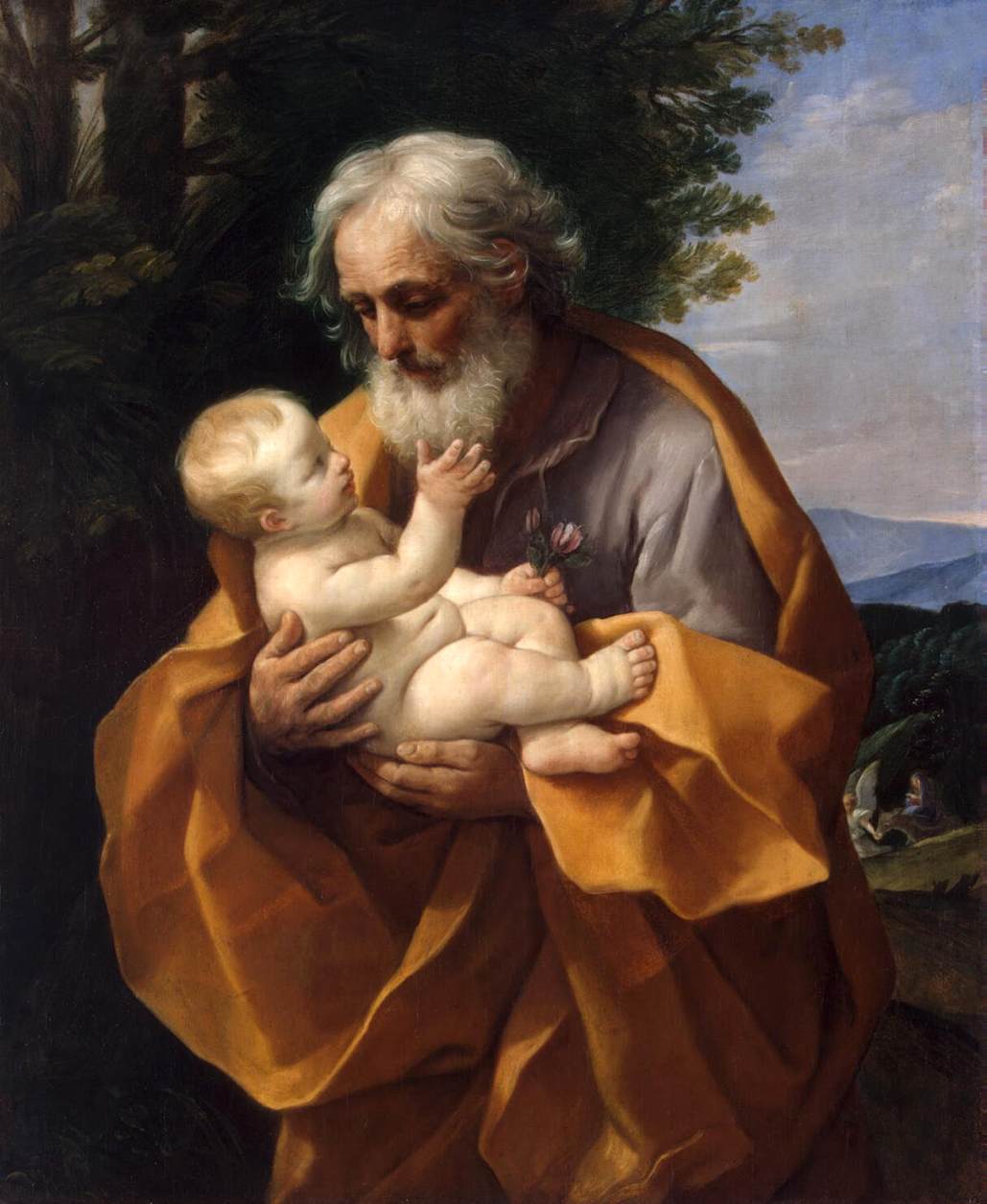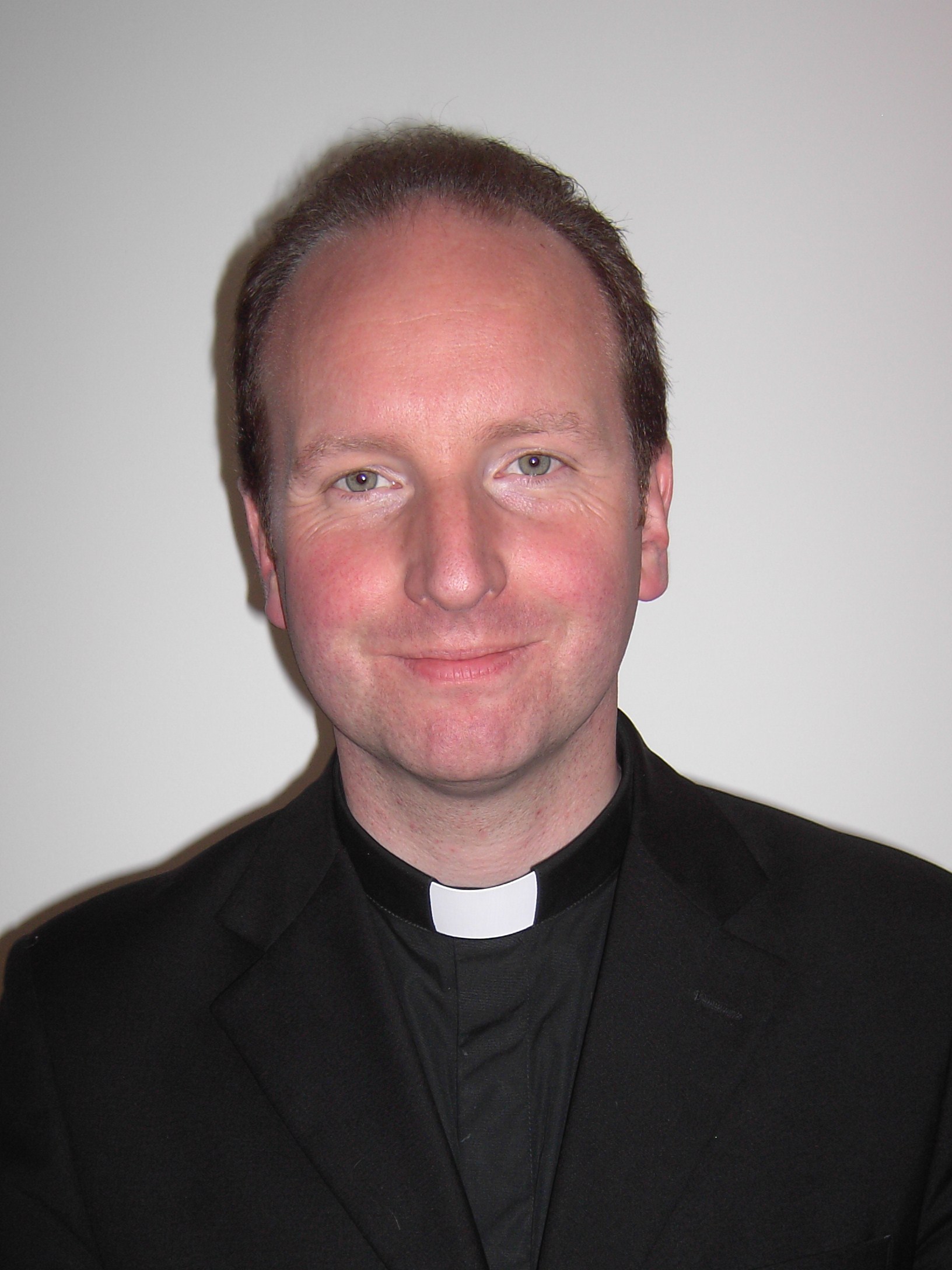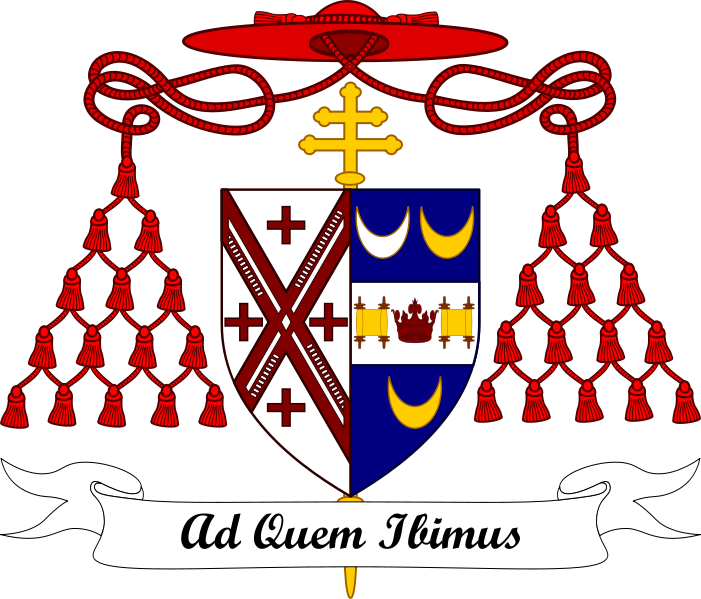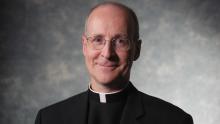As I have mentioned prior, Joy! is not the same thing as the quick, early-flash, “blink-and-you’ll-miss-it”, the sugar-high of some giddy blush of unearned, easy, light, incidental, or happy, happy, happy, happiness; the health and strength, vitality, appetites, it ALL works, God willing, of youth. Even these wane in the evening of life; Sts Ren & Stimpy, notwithstanding, pray for us!
The Joy! which only God gives, the relationship with Him, takes patience, takes time, as the best relationships do. (just ask St Augustine) Start early!!! It involves birthing-suffering, silence, you don’t NEED to do or say ANYTHING. Just present yourself, more in mind and heart, than in chapel, but chapels are nice, and quiet, too.
Whatever your state, your condition, present yourself to Him, constantly, never leave Him. Let Him be with you, always, ALWAYS! He will abide, if you invite Him. He will. He will. Collapse, face-flat, spent, gone, nothing-left, and bereft, before His awesome, infinite, holy mercy. “Have mercy on me, my God, have mercy on me, for in You I take refuge. I will take refuge in the shadow of Your wings until disaster has passed.” (Ps 57:1)
Never suffering for suffering’s sake. Our God is NOT a sadist!!! But, as a pedagogical tool of His holy will. How else do we, or at least me, of hardened heart and head, learn? Cheap grace. I hate cheap grace. Hate it. Hate it. Hate it. Patience in prayer. Patience in and with Him. Trust. Trust. Trust. He gives the strength and grace to do it, too. He provides ALL necessary for His will, and our good. He provides ALL; His Holy Providence! Praise Him. Praise Him. 🙂 (Heb 12:11)
“Your faith has been your salvation.” (Lk 7:50) Your FAITH has been your SALVATION! So true. So true. It is a ripened fruit on the tree of our lives, long before harvest it buds, the gift of the mercy, mercy, merciful God, the GOOD God, the loving Father who KNOWS what is BEST for us, although we may, as children often do, do, disagree strongly with His righteous will and corrections. We do. We do. We do. (Mt 7:11)
The Joy! which the GOOD God gives to His children is the richest of the fruits of life. Richer, sweeter, more succulent than health, wealth, or any of the pleasures or people this life can give. It is. It is. It is. Praise Him, Church. Praise Him. 🙂

-by Lianna Mueller
“On March 19, the Church celebrates the feast of St. Joseph. Though he had the treasure of living with the holiest, most amazing two people to ever live, the life of St. Joseph was filled with sorrows- but these sorrows eventually brought joy. Like us, St. Joseph didn’t know how the sorrows of his life would turn to joy; he choose to trust God and obeyed in the midst of great challenges.
Can you imagine the heartache St. Joseph must have felt to learn that Mary was pregnant? This woman, filled with virtue, appeared to have committed a great sin. The news of her pregnancy was a huge shock. The thought of also being separated from Mary must have also filled his heart with grief. He was betrothed to a perfect woman! Being a faithful Jew, the culture and law dictated that he had to part with her. St. Joseph resolved to divorce her quietly (Matthew 1:19), not wanting her to be subject to public shame. Then an angel came to him in a dream, informing him that this child was conceived by the Holy Spirit, and was the Son of God! St. Joseph chose to have faith and to take Mary as his wife and the Child as his son. He had the great privilege of parenting the Son of God! No other man on earth can claim that. What he thought was sorrow turned to great joy.
Months later, Joseph and Mary were on the way to Joseph’s hometown in order to be counted in the census, as was every other person native to the city. There were no rooms available and Mary was due to deliver the baby. St. Joseph tried and tried, but there was nowhere to be found. (Like looking for a job? And, money is LOW. We are NOT going to make it in time! WHAT AMI GOING TO DO!!!?) St. Joseph likely felt a blow to his manhood- he was tasked with protecting the Son of God and the Child’s mother and all he was able to provide was a stinky stable for this Child to enter the world into? This must have equaled sorrow for him. However, sorrow turned to joy when the shepherds and the magi came to worship the Child. This Child, a great King, had been called to enter the world in humility and St. Joseph helped to provide that – St Joseph FULFILLED the HOLY WILL of God! – nice on the resume’ 😉 . I wonder what questions the recruiter/HR will have when they get to that one? 😉
St. Joseph must have felt sorrow when going into Egypt. Again, he was tasked with protecting his wife and the Son of God but now they were refugees, on a trip to safety filled with perils and dangers. He knew that King Herod was looking for his Son to kill Him, though Jesus was only a toddler! Can you imagine the grief and fear that must have filled St. Joseph’s heart? However, as he had learned to do, he trusted God and obeyed when asked to do so. He brought the Holy Family to safety and refuge. The joys of the family must have been many as they raised Jesus and enjoyed time as a family, living in safety and harmony.
When Jesus was about twelve, there was a period of three days in which Mary and Joseph did not know where He was. This would have been a great sorrow. Any parent who has lost a child for even a minute knows how overwhelming and terrible of an experience it is. St. Joseph probably blamed himself for Jesus’ disappearance, thinking that he didn’t do well enough in watching out for him. (My mother lost me in the department store, only for a few minutes, but it took years off her life. My grandmother, Mema, my mother’s mother, was, shall we say, not overflowing in praise for my mother. You think Jewish mothers are tough? They are. Try Irish-Catholic ones for spice. Life can make you that way. No matter what my mother did, she recalled to me, Mema would say, “You don’t watch those children.” Nothing. Nothing was ever good enough. When pregnant with me, yes, I was a SURPRISE!!!!! Mema said to my mother, “Mary, you have NO sense!! My father upon being told of me, in the inadequacy of men expressing their emotions, and resorting reflexively to pitiful and hurtful, really, attempts at humor, said to my mother, “Whom do you suspect?” Mother did NOT have it easy at home. RIP. I miss you so. ) Upon finding Jesus teaching in the temple, his sorrow turned to joy at watching his Son’s wisdom and steadfastness in carrying out God’s will.
These were just a few of the sorrows in the life of St. Joseph. Like us, he had to endure much suffering. These sufferings eventually transformed into joy as God’s plan was revealed. It is much the same in our own lives. St. Joseph teaches us to trust God and obey, though a situation may appear to be hopeless. As we celebrate the feast day of St. Joseph, ask for his intercession in your own sorrows. He will guide you in the path of obedience and trust in God, leading you to great joy.”
“Above all, trust in the slow work of God.
We are quite naturally impatient
in everything to reach the end without delay.
We should like to skip the intermediate stages.
We are impatient of being on the way
to something unknown, something new.
And yet it is the law of all progress
that it is made by passing through
some stages of instability
and that it will take a very long time.
And so I think it is with you;
your ideas mature gradually, let them grow,
let them shape themselves, without undue haste.
Don’t try to force them on,
as though you could be today what time
(that is to say, grace and circumstances
acting on your own good will)
what time will make of you tomorrow.
Only God could say what this new spirit
gradually forming within you will be.
Give Our Lord the benefit of believing
that His hand is leading you,
and accept the anxiety of feeling yourself
in suspense and incomplete.”
-Rev. Pierre Teilhard de Chardin, S.J.
To you, O blessed Joseph, do we come in our afflictions, and having implored the help of your most holy Spouse, we confidently invoke your patronage also. Through that charity which bound you to the Immaculate Virgin Mother of God and through the paternal love with which you embraced the Child Jesus, we humbly beg you graciously to regard the inheritance which Jesus Christ has purchased by his Blood, and with your power and strength to aid us in our necessities. O most watchful guardian of the Holy Family, defend the chosen children of Jesus Christ; O most loving father, ward off from us every contagion of error and corrupting influence; O our most mighty protector, be kind to us and from heaven assist us in our struggle with the power of darkness. As once you rescued the Child Jesus from deadly peril, so now protect God’s Holy Church from the snares of the enemy and from all adversity; shield, too, each one of us by your constant protection, so that, supported by your example and your aid, we may be able to live piously, to die in holiness, and to obtain eternal happiness in heaven. Amen.
– To you, O blessed Joseph, Pope Leo XIII
Love & Joy!, trusting in His Holy Providence & Will!
St Joseph, Terror of Demons, pray for us! Sustain us in ALL our trials and wants! Help us to trust Him, as you did, always!!!
Matthew


